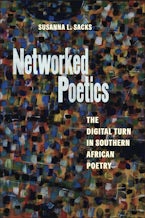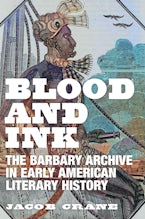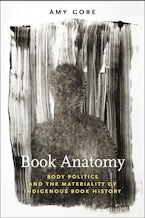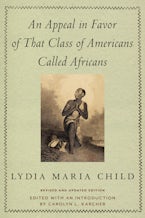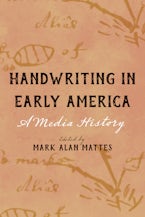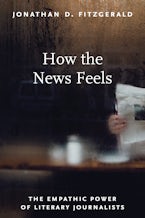- Home
- African American Intellectual History
- Fictional Blues

Fictional Blues
Narrative Self-Invention from Bessie Smith to Jack White
Published by: University of Massachusetts Press
Series: African American Intellectual History
264 Pages, 6.00 x 9.00 x 1.00 in, 3 b&w illus.
Other Retailers:
Using examples of fictional and real-life blues artists culled from popular music and literary works from writers such as Walter Mosley, Alice Walker, and Sherman Alexie, Kimberly Mack demonstrates that the stories blues musicians construct about their lives (however factually slippery) are inextricably linked to the "primary story" of the narrative blues tradition, in which autobiography fuels musicians' reclamation of power and agency.
KIMBERLY MACK is assistant professor of African American literature at the University of Toledo.
"Fictional Blues is an outstanding contribution to contemporary popular music scholarship. It should be widely read by blues scholars, of course. But it should be taken up beyond that: anyone concerned with race, performance, and authenticity politics in popular music studies should read this confident and erudite book . . . Mack offers us a new way to listen to what we thought we knew and to appreciate anew the artistry, savvy, and ingenuity of blues music, and the people who make it."—Journal of Popular Music Studies"By incorporating autobiographical storytelling into the concept of blues, this book is a groundbreaking work that will be foundational for scholars of blues, popular music, American studies, Black studies, and media studies. The book is aimed at scholarly audiences, but the writing is accessible and engaging enough for advanced undergraduates and general audiences. Mack’s work offers a new analytical frame for considering who can participate in blues and how, while simultaneously locating and challenging reductive tropes and exploitative and appropriative participants."—Journal of the Society for American Music
"Fictional Blues is a rich interdisciplinary study of the potential of storytelling to contest the racist, classist, and masculinist strictures of blues authenticity, . . . open[ing] up new possibilities for Black cultural research, for Black being, and, ultimately, for Black futures."—American Literary History
"The perspective Mack offers on blues mythology is fresh and compelling. Fictional Blues is well-researched, engaging, clear, confident, and important."—Emily J. Lordi, author of Black Resonance: Iconic Women Singers and African American Literature
"Mack provides a complex mapping of American blues music to investigate the work it does as a multifaceted cultural trope, from its inception in the Jim Crow South to its global dissemination in the twenty-first century. Fictional Blues is certain to make an impact in African American studies, along with American literary and cultural studies writ large."—Caroline A. Streeter, author of Tragic No More: Mixed-Race Women and the Nexus of Sex and Celebrity
"When I got into the blues as a teenager, I fully bought into the mythology of tragic mystery men encountering the Devil at some crossroads. If only I'd had Kim Mack's book. It illuminates the whole history of the blues as a unique blend of tall tales and self-revelation, from Ma Rainey's gold-neck theatrics to Jack White's post-postmodern character act. A fun and very necessary read."—Ann Powers, author of Good Booty: Love And Sex, Black White, Body And Soul In American Music
"With Fictional Blues, Kimberly Mack powerfully argues that the music of blues artists and their fictive literary kin, offer the most foundational of American storytelling and attendant claims of authenticity, making and remaking themselves—and their listeners and readers—in the process."—Mark Anthony Neal, author of Looking for Leroy: Illegible Black Masculinities
"Kimberly Mack explores her own route through the history of blues, linking figures and approaches from music and literature, and drawing creative connections that suggest new ways of approaching old stories. Exploring blues as a literary trope and heroic narrative, she roams from the complex relationships of The Color Purple to the postmodern mystifications of Jack White, opening provocative discussions and suggesting a broader understanding of blues and the many ways it intersects American culture."—Elijah Wald, author of Escaping the Delta: Robert Johnson and the Invention of the Blues
Winner of the College English Association of Ohio’s Nancy Dasher Award
Finalist for the 2022 IASPM-US Woody Guthrie Award

